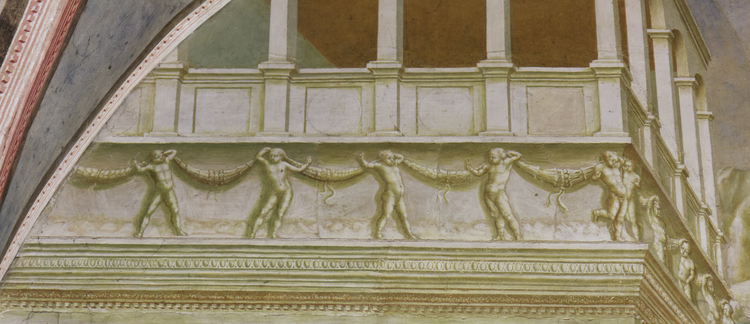Why did artists include prominent architectural settings in their narrative paintings? Why did they labour over highly innovative structural and ornamental solutions? How could someone trained as a metalworker perform successfully as an architect? While excellent scholarship exists on project and study drawings, there exists a gap in our knowledge about other kinds of architectural representation which elude categorisation, as well as about the practical and cultural import of craftsmanship on architectural practice. Focusing on Italy and the Netherlands in the early modern era, this special collection addresses these issues by shedding light on the architectural imagination of artists, exploring their structural and ornamental solutions as a platform for experimentation, and reassessing their training in order to clarify the processes of exchange across media as well as the intense competition that drove innovation. As they uncover the cultural implications of craftsmanship and the communicative potential of architecture beyond the built form, the articles in this collection offer a contribution to bridge the historiographical gap between art and architectural history.
Guest editors: Livia Lupi, University of Warwick - Krista De Jonge, KU Leuven.
Guest editors: Livia Lupi, University of Warwick - Krista De Jonge, KU Leuven.
Research Article
Collections
-
Intersecting Practices: Architecture and the Visual Arts in Early Modern Europe - Italy and the Netherlands
The Geopolitical Aesthetic of Postmodernism
Architects as Global Entrepreneurs (1850-2000)
From Ration Cards to Refugee Camps: Architecture, Bureaucracy, and the Global State of Emergency during World War One
Comprador Networks and Comparative Modernities
Architectural Historiography and Fourth Wave Feminism
Marxism and Architectural Theory across the East-West Divide
Resilience in Architectural History
On Style
On the meaning of 'Europe' for Architectural History
Travel
Building Word Image: Printing Architecture 1800-1950
Objects of Belief: Proportional Systems in the History of Architecture
Culture of Crisis
